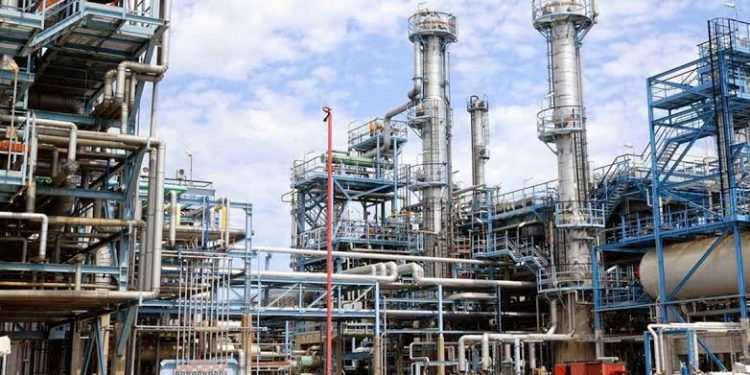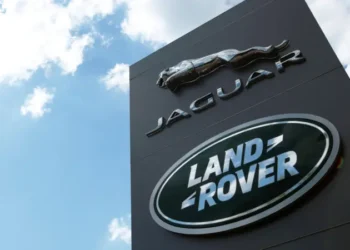The Trade Union Congress (TUC) has kicked against the sale of the Port Harcourt Refinery as recommended by most Nigerians.
Secretary-General of the TUC Musa Lawan who spoke to newsmen
urged the federal government not to sell the refinery.
“All the government companies that have been privatised, what do you get from it?” he asked.
“What did we get from NEPA? So we want the government to own certain properties.
“Our position is very clear, the federal government should repair it and make it workable so that if you want to privatise other things tomorrow, we’ll at least be privatising based on what we have and not privatising based on what we are importing as the fuel,” Mr Lawan said.
“Our position has been very clear and consistent on this issue of fuel crisis over and over again.
“What we are now saying is that if you want to deregulate and all, then let’s at least have something to give. As in, if the government has a refinery, that we are not deregulating on the basis of what we are importing. That’s our position, the government should retain it,” he added.
Recall that the Federal Executive Council last week approved $1.5 billion (about N600 billion) for the rehabilitation of the 210,000 barrels per day refinery.
The FEC approved the amount at its virtual meeting presided by President Muhammadu Buhari.
The approval came amidst a controversial price increase in the pump price of petrol that was later reversed.
Although Nigeria has four refineries, all government-owned, it currently imports virtually all its refined petroleum products.
The approval for the Port Harcourt Refinery was greeted with mixed feelings as the country in the past spent billions of dollars on refinery maintenance without success.
Despite the huge allocations that have in time past been set aside for the fixing of these refineries, they have still not worked and experts have called for their privatisation.
Atedo Peterside, who was on the National Council on Privatisation (NCP) between 2010 and 2015, on Sunday urged the federal government to halt the “brazen & expensive adventure.”
Mr Peterside said “many experts prefer that this refinery is sold as is by BPE to core-investors with proven capacity to repair it with their own funds.”
A former vice president, Atiku Abubakar, had described the decision as “suspicious”, and advised against the move by the FG to repair the refinery.
“At this critical period, we must as a nation be prudent with the use of whatever revenue we are able to generate, and even if we must borrow, we must do so with the utmost responsibility and discipline,” he said in a statement last week.
“To therefore budget the sum of $1.5 billion to renovate or turn around the Port Harcourt Refinery would appear to be an unwise use of scarce funds at this critical juncture for a multiplicity of reasons.
“First of all, our refineries have been loss-making for multiple years, and indeed, it is questionable wisdom to throw good money after bad. At other times, I have counselled that the best course of action would be to privatise our refineries, so they can be run more effectively and efficiently.”
Labour unions in the past urged the federal government to fix the refineries before removing fuel subsidy.




































